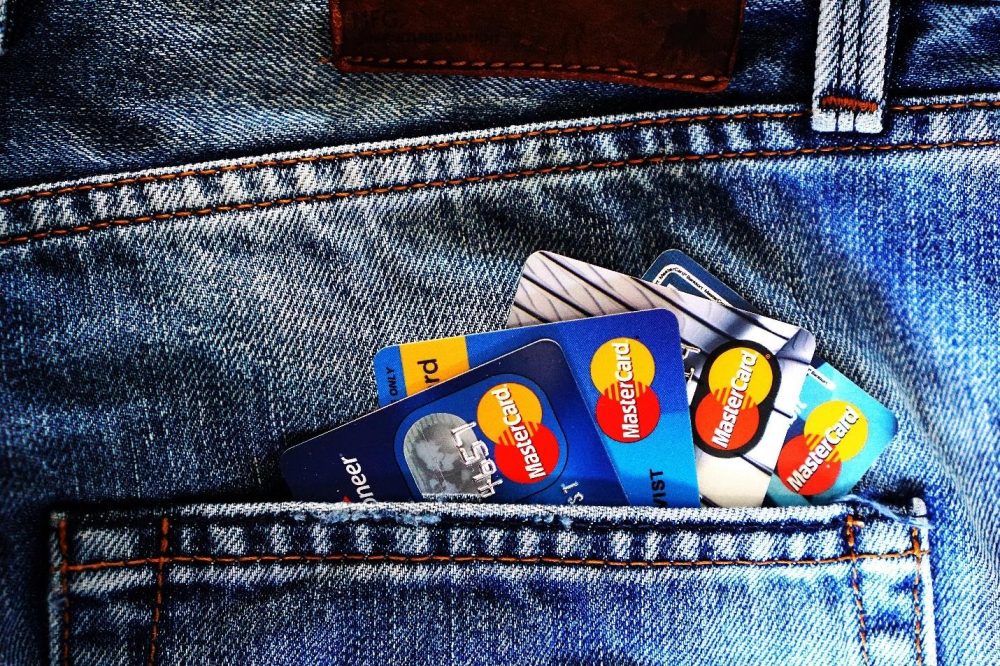A credit score is a numerical analysis of a person’s experience with credit. A higher number shows creditors and other financial authorities that they are a low-risk borrower. A low number indicates that they are high-risk.
Ideally, borrowers will want to have credit scores in the top categories. It will give them more account approvals, lower interest rates and better insurance premiums.
To ensure that your score is higher, you should avoid the following four things:
1. No Credit Mix
“Credit Mix” is the variety of credit accounts that a borrower uses (installment loans, revolving debt, mortgage and open credit). It accounts for 10% of the overall credit score.
A common problem is that people don’t have much of a credit mix. You need to diversify the types of credit to achieve a strong mix.
A simple way to remedy this problem is to add a different account like an open line of credit to your financial portfolio — this will be much easier than tackling a mortgage and require less commitment than a new installment loan. See how you can get a personal line of credit offered through CreditFresh to help you improve your credit mix and add to your credit history. You can apply for the best line of credit options online. Just make sure you don’t apply for a line of credit unless you actually need one.
2. Canceling Accounts
Credit history is a major factor in your credit score calculation. Essentially, the more credit history that you have as a borrower, the more that you’ve proven to lenders that you can meet account requirements and repayments. Closing an account can cut your credit history short. Now, you can’t benefit from that built-in experience.
A good strategy is to keep your oldest credit card, even if you don’t like using it anymore. It gives you the longest credit history.
3. Credit Report Errors
These aren’t necessarily your fault, and yet, they can still hurt your credit score. Research shows that approximately one in five people have credit report errors that could be negatively affecting their score. It’s possible that you are in that category.
How do you deal with errors? First, take a look at your credit report to see if anything seems out of place. Even if the mistake seems small, make a note of it.
When you spot something wrong, dispute your credit report error with the credit bureau and go through the process to have it changed. When you notice a lot of major errors like extra accounts or missed payments that you weren’t aware of, you could be a victim of identity theft and financial fraud. If you suspect this, contact your creditors, credit bureau and your local authorities about the problem.
4. Maxing Out a Credit Card
Lots of borrowers push their credit card balances close to the limit. There’s a reason why 91 million Americans admitted to being afraid to max out their credit cards whenever they made a purchase over $100. Maxing out your card saddles you with a heavy debt load and takes away the safety net of available credit. And, of course, it hurts your credit score.
A large portion of your credit score is measured by credit utilization. Too much utilization shows credit bureaus that you have a heavy debt load and that you’re at a higher risk of defaulting on future payments. Ideally, you should strive to have your credit utilization at 30% or lower. Staying far from the boundaries of your credit limit is always a good idea.
A high credit score can open lots of doors for you. So, you should avoid these four things that can hurt your score. It could keep those doors from closing.









Speak Your Mind